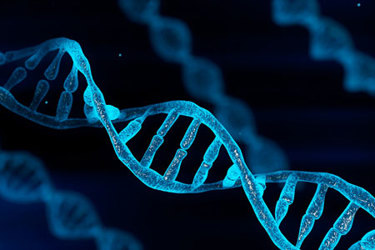New Genetically Engineered Bacteria Can Quickly Break Down Industrial Compounds

Stubborn industrial chemicals such as chlorinated solvents can be a challenge for wastewater treatment plants (WWTPs), as well as remediation teams trying to clean up contaminated water sources. These compounds can linger in salty or low-oxygen environments where typical treatment methods fall short. However, a new breakthrough in synthetic biology could change that.
Offering a promising new tool for tackling complex contamination, a fast-acting, genetically engineered strain of Vibrio natriegens has been developed that can break down multiple hazardous chemicals. V. natriegens is a fast-growing marine bacterium often found in salt marshes. Researchers integrated a nine-gene metabolic pathway from Dehalococcoides — a slow-growing, difficult-to-culture microbe known for its pollutant-degrading capabilities — into V. natriegens. The new strain, dubbed VmaxET, not only retained the rapid growth characteristics of its parent organism but also gained the ability to completely dechlorinate 1,2-DCA to ethene, a harmless gas.
Get unlimited access to:
Enter your credentials below to log in. Not yet a member of Water Online? Subscribe today.
